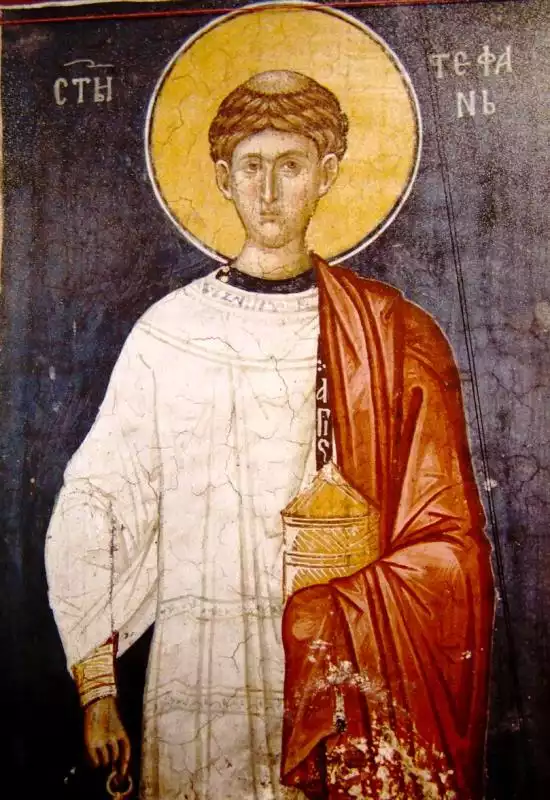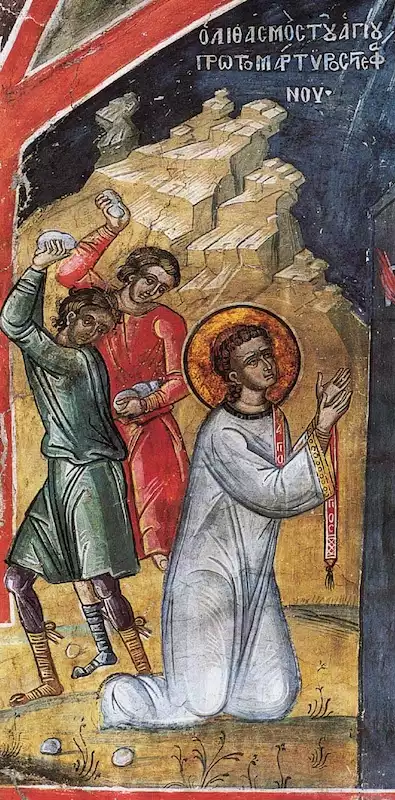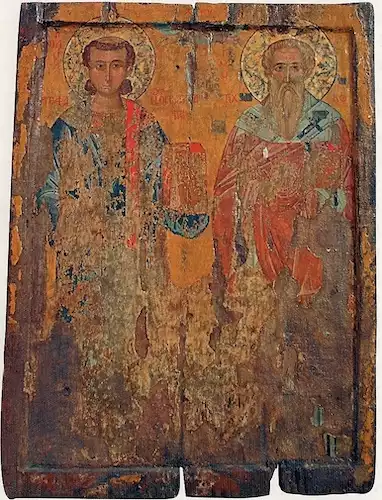
Saint Stephen, the first Christian martyr, holds a significant place in early Christian history. Born around 5 AD and martyred circa 34 AD, Stephen’s life and death mark pivotal moments in the spread of Christianity. His story, documented in the Acts of the Apostles, exemplifies unwavering faith and courage in the face of persecution.
Early Life and Conversion
Saint Stephen’s early years remain shrouded in mystery, yet his conversion to Christianity stands as a testament to his profound faith. As one of the first followers of Jesus Christ, Stephen quickly distinguished himself through his fervent devotion and deep understanding of Christian teachings. His conversion not only marked a personal spiritual awakening but also signified the burgeoning spread of Christianity during a time of religious and political upheaval in Judea.
Role in the Early Church
Stephen’s prominent role in the early Church emerges as a defining feature of his life. He was among the first seven deacons appointed by the Apostles to assist in the daily distribution of food and aid to the Christian community, particularly to widows and the needy. This role underscored the Church’s commitment to social justice and charity, principles deeply embedded in Christian doctrine. Stephen’s service went beyond mere administrative duties; he emerged as a powerful orator, articulating the Christian message with clarity and conviction. His speeches, replete with scriptural references and insights, attracted both followers and critics, setting the stage for his eventual martyrdom.

Trial and Martyrdom
Saint Stephen’s unwavering commitment to his faith soon led to his trial before the Sanhedrin, the Jewish council. Accused of blasphemy, Stephen faced his accusers with remarkable composure and eloquence. In his defense, he delivered a powerful sermon, recounting the history of Israel and asserting Jesus Christ as the Righteous One. His speech, though profound, incensed the council members. Stephen’s final vision of Jesus standing at the right hand of God further enraged them, leading to his condemnation.
Legacy and Influence
The martyrdom of Saint Stephen had a profound impact on the early Christian community. His death marked the beginning of a wider persecution of Christians in Jerusalem, compelling many to spread their faith beyond the city’s confines. This dispersion played a crucial role in the spread of Christianity throughout the Roman Empire. Stephen’s steadfast faith in the face of death continues to inspire Christians worldwide, serving as a powerful example of devotion and sacrifice for one’s beliefs.
Saint Stephen’s life and martyrdom epitomize the essence of Christian martyrdom. His story, from his conversion to his final moments, reflects a journey of unwavering faith and profound spiritual conviction. Stephen’s legacy endures, not only as the first Christian martyr but also as a symbol of courage and steadfastness in the face of adversity.
Feast Day: December 27
References
- Ant1news.gr. “Άγιος Στέφανος: Ο βίος και τα θαύματα του Πρωτομάρτυρα και Αρχιδιακόνου.” Accessed 28 Dec 2023.
- BBC – Religion & Ethics. “St Stephen.” Accessed 28 Dec 2023.
- Durant, Will. “The Story of Civilization.” Simon & Schuster, 2011.
- Eusebius of Caesarea. “Ecclesiastical History.” Baker Academic, 2007.
- Frend, W. H. C. “The Rise of Christianity.” Fortress Press, 1984.

